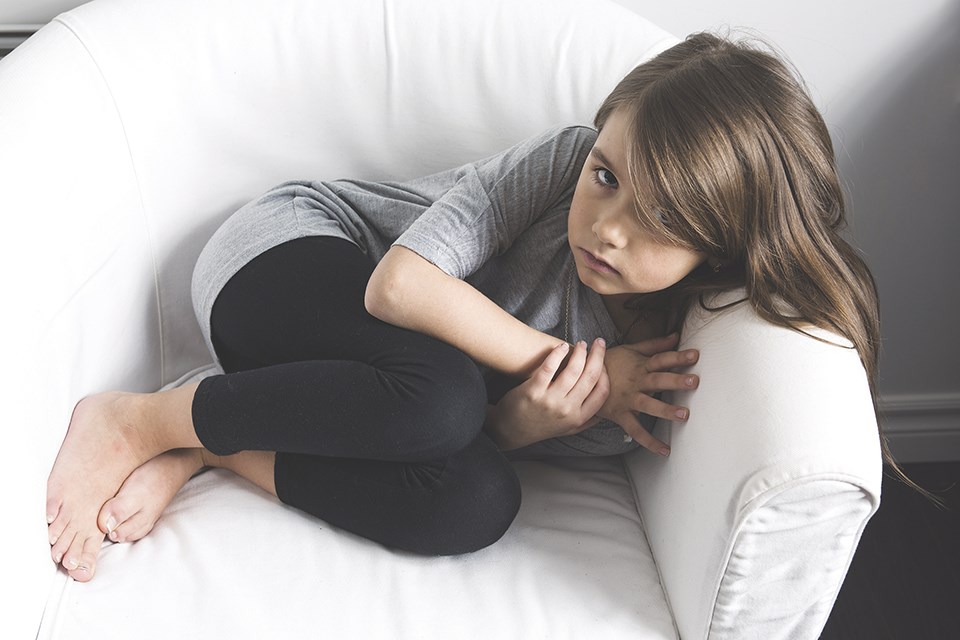This past week I presented talks at the ������ƵappPublic Library and ������ƵappWaldorf School for parents interested in lessening their child’s stress and anxiety, paving the way for calmer, happier kids and expanding room for connection, creativity and relaxation.
It’s a topic about that I like to say I’m “not-an-expert-expert.”
Ironically (or perhaps as a way of reminding me why I’m doing this work in the first place), as I readied myself for a day of immersion in the topic, I found myself dealing with a pre-teen who was incapable to getting to school that morning.
The stress, the anxiety, the fear of not being enough or able to achieve at school at the things she’s expected to achieve, was all too much for her. Tears ensued. Frustration grew – including my own.
I had important work to do! I had to prepare a talk on childhood stress and anxiety!
The irony was not lost on me.
I don’t have a child psychology degree, but over the past 10 years I have taken in possibly hundreds of hours of lectures, courses and training sessions, read countless books and articles, and worked with many wonderful families – all in an effort to help myself and other parents make sense of relationships and children that often don’t readily make sense.
I’m also a mom to two children, vastly different from one another, and we’ve navigated these tricky waters for years ourselves.
Today, parents are fortunate to have such an array of excellent resources.
When I was a kid, my mom had one book by Dr. Spock. Not a lot of diversity in opinion there.
I’ve been able to draw from some of the best: Gabor Maté, Gordon Neufeld, Alfie Kohn, Jennifer Kolari, Shefali Tsabary and, of course, Kim John Payne who is responsible for Simplicity Parenting – the program I’ve offered to parents for years. I’ve padded all of this understanding around child development and behaviour (parent “behaviour,” too!) with hard facts about neuroscience and brain development, hormones, attachment and addiction.
What I know best is that you can learn or teach yourself a lot of facts, but at the crux of it we are all just humans trying to do the best we can in any given moment.
And much like it’s important for an athlete to exercise their muscles and practice their skills and strategy, it’s equally important for parents to practice and exercise their ability to be present and compassionate to a child struggling with overwhelming emotion, anxiety and even despair.
And sometimes that’s easier said than done.
It only took about 30 seconds for me to step back from the picture of emotional turmoil and chaos with my child that morning to realize that if I had any hope of getting to my own to-do list, I was going to have to at least temporarily abandon my agenda completely. I needed to sink into the present moment, use the skills of connection I had been practicing, and really get into her world.
She was an hour and a half late for school that day, but she made it. We talked, we had tea, we worked on her language arts and I gave her the dictation exercise she would have received at school.
In the end, she calmed and was able to go to school for the rest of the day – despite still being concerned over a few things.
Her anxiety wasn’t washed away, but she felt heard and understood and was able to shift toward what she was originally meant to do that day – on her own, with only a little bit of encouragement from mom.




